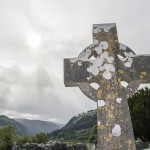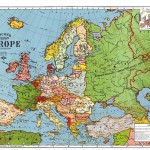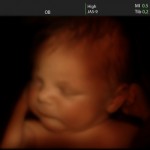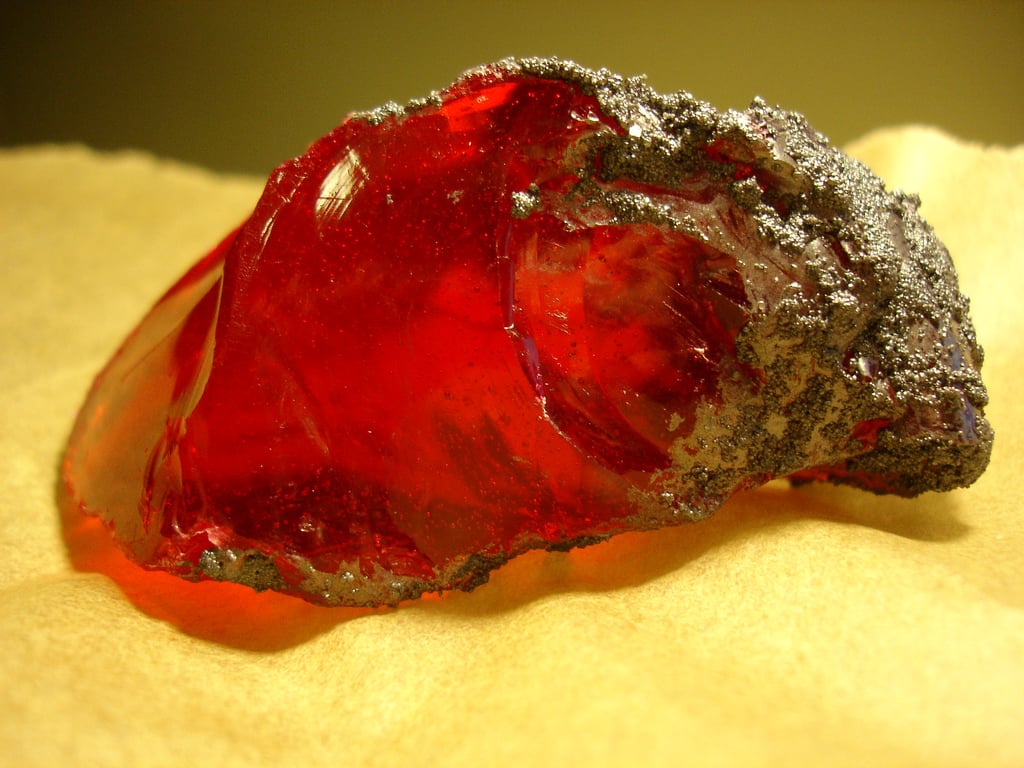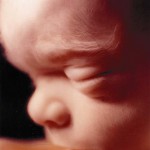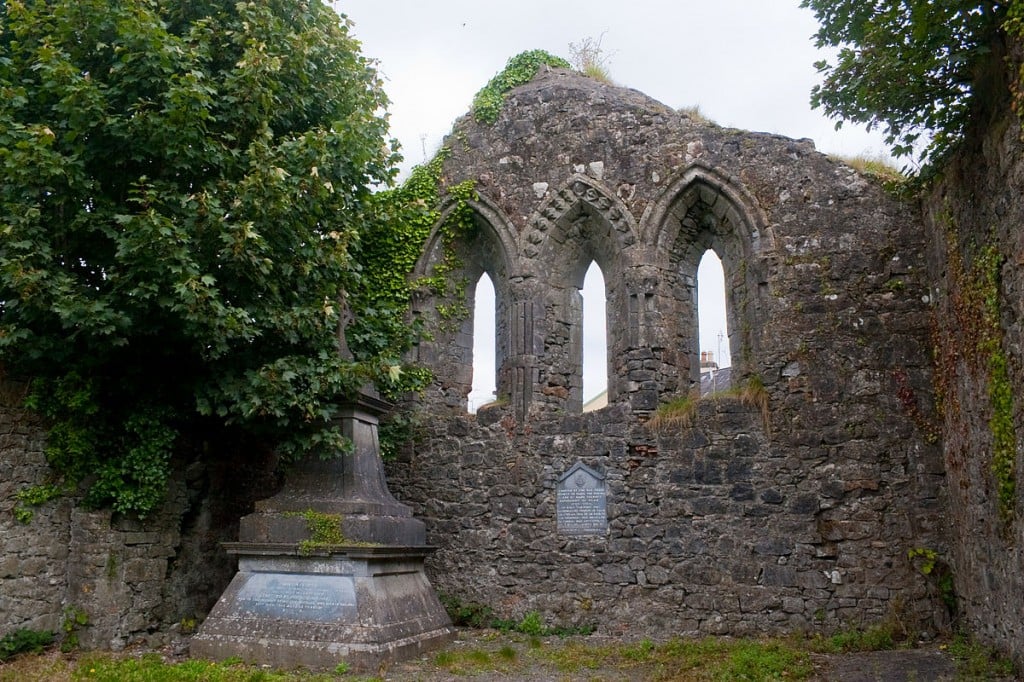
Does the modern west really put children first? Ross Douthat has just written a clear, powerful, and quite devastating analysis of the particular flavour of social liberalism that’s coming to dominate our culture. His take is that the new morality favours the rights and privileges of adults over those of children:
… with the advance of social liberalism the balance between the rights of the child and the freedom of the parent has tipped in important ways toward adult autonomy, toward a view that children cannot reasonably make certain claims at the expense of their parents’ self-actualization and personal happiness. (With, of course, the self-justifying corollary that the kids will ultimately be better off if their parents have their own way.) Like the spouse who wants to stay the course in a struggling marriage, the child under our particular form of liberalism has no real claim, rights-based or harm-based or both, to any particular kind of familial situation, any particular form of association with his biological mother and father, any particular living arrangement during infancy or youth, or any particular relationship across the life cycle. (The adult children of Bruce/Caitlyn Jenner, for instance, would be immediately cast as transphobic if they countered his/her right to transition by claiming an enduring right to his continuing fatherhood and paternity.)
Consenting adults need not feel constrained by the possibility of conception when they decide to have sex; if they do conceive a child they need not feel obligated to marry for the child’s sake; if they are married they need not feel obligated to remain together; and so on. Indeed, consenting adults may now explicitly sell their own parental stake and obligation to their biological child (a step radically different in its implications from adoption), and the idea that the child might in such cases might have been deprived of something, might have a right that’s been traduced or a claim of harm to make, is regarded as strange, irrelevant, offensive, antique.
I think Douthat is completely right about (what’s rapidly becoming) the spirit of the age, and his whole piece is well worth reading. Children are often the victims of a culture that proudly speaks empty formulas of words like “the best interests of the child” and then uses them to justify actions very much against those interests.
But we’re far from the first culture to try this move, or something like it. “Old Catholic Ireland” had it down to a fine art.
Concerns that up to 1,000 children may have been “trafficked” to the US from the Tuam mother and baby home in “a scandal that dwarfs other, more recent issues with the Church and State” were raised by the Health Service Executive in 2012.
This, to be clear, is the same Tuam home about which was in the news last year after media outlets reported that 796 babies had been buried in a septic tank in the grounds. That claim was not substantiated*, but the truth is quite bad enough as it is.
The warning is contained in an internal note of a teleconference in October 2012 with then assistant director of Children and Family Service Phil Garland and then head of the Medical Intelligence Unit Davida De La Harpe.
It ends with a recommendation that the then health minister be informed with a view to a state inquiry being launched. This was almost two years before revelations of a mass grave at the home forced the Government into launching a state inquiry into all mother and baby homes.
The note relays the concerns raised by the principal social worker for adoption in HSE West who had found “a large archive of photographs, documentation and correspondence relating to children sent for adoption to the USA” and “documentation in relation to discharges and admissions to psychiatric institutions in the Western area”.
It notes there were letters from the Tuam mother and baby home to parents asking for money for the upkeep of their children and notes that the duration of stay for children may have been prolonged by the order for financial reasons.
It also uncovered letters to parents asking for money for the upkeep of some children that had already been discharged or had died. The social worker, “working in her own time and on her own dollar”, had compiled a list of “up to 1,000 names”, but said it was “not clear yet whether all of these relate to the ongoing examination of the Magdalene system, or whether they relate to the adoption of children by parents, possibly in the USA”.
At that point, the social worker was assembling a filing system “to enable her to link names to letters and to payments”.
“This may prove to be a scandal that dwarfs other, more recent issues with the Church and State, because of the very emotive sensitivities around adoption of babies, with or without the will of the mother.
“A concern is that, if there is evidence of trafficking babies, that it must have been facilitated by doctors, social workers etc, and a number of these health professionals may still be working in the system.”
That’s from an Irish Examiner special report into the mother and baby home run by Bons Secours nuns in Tuam, which closed in 1961. From the second part of the piece:
A separate report on (a mother and baby home in) Bessborough, written in 2012, spoke of “staggering” numbers of children listed as having died at the institution. The author of the report says infant mortality at Bessborough between 1934 and 1953 is “a cause for serious consternation”. Curiously, no deaths were recorded after 1953 but 478 children died in this 19-year period — which works out as one child every fortnight for almost two decades.
Perhaps most shocking of all is the view of the report that death certificates may have been falsified so children could be “brokered into clandestine adoption arrangements, both foreign and domestic” — a possibility the HSE report said had “dire implications for the Church and State“.
It is worth noting that the HSE was making such allegations after examining the institution’s own records. The report, which runs to more than 20 pages, notes that these records reveal a culture “where women and babies were considered little more than a commodity for trade amongst religious orders” and that they were “provided with little more than the basic care and provision afforded to that of any individual convicted of crimes against the State”.
The report highlights the “intricacies of Bessborough’s accounting practices”, and that “detailed financial records and accounts were not handed over to the HSE by the Sacred Heart Order”.
We also learn of the nuns’ “preoccupation with material assets” and “preoccupation with materialism, wealth, and social status”, and that the women provided “a steady stream of free labour and servitude”. The nuns also received “financial renumeration” for the children of these women.
The report also makes clear that our current government knew about all this two years before any of it came to light publicly. A full public enquiry was recommended, but that recommendation was ignored until the controversy became too big to ignore.
I presume they didn’t want to investigate because they fear it will reveal a web of state and societal complicity in forced and illegal adoptions, repeating an all-too-familiar pattern in Irish history.
But whatever the reason, the fact that the government turned a blind eye once gives the lie to the words our Taoiseach (Prime Minister) Enda Kenny, spoke to the women of the Magadalene laundries, when he apologised to them and to the country.
Today we live in a very different Ireland with a very a different consciousness awareness.
An Ireland where we have more compassion, empathy, insight, heart. We do because at last we are learning those terrible lessons. We do because at last, we are giving up our secrets.
We do because in naming and addressing the wrong, as is happening here today, we are trying to make sure we quarantine such abject behaviour in our past and eradicate it from Ireland’s present and Ireland’s future.
Tell that to the children in the direct provision system for asylum-seekers, Taoiseach, or to the one in four Irish people who have been sexually abused at some point in their lives, or to Miss Y and her nearly-aborted, prematurely-delievered child, wherever they are now.
We need to do better. We must do better.
But we won’t do better by longing for a golden age gone past, for a Catholic Ireland that sits, like Tolkien’s lost elvish city of Gondolin, just over yesterday’s horizon. Modernity is not uniquely terrible: every age has its terrible sides, its glossed-over horrors and grubby little compromises, as well as its virtues. Old Ireland wasn’t Gondolin: it was closer to Ursula K LeGuin’s Omelas – as is the Ireland of today, for some of the same reasons and some different ones. A society dominated by the Catholic Church did this. For this awfulness to come from people who represent Christianity, the faith that revolutionised the way in which children were regarded and treated, was the worst of betrayals.
There are no golden ages. The best we can hope for is to move forward in a way that learns from the injustices of the present and the past.
And that involves facing up to them, honestly: whatever that might reveal about the in-groups we belong to.
For Catholics who think it is an appalling wrong for a child to be separated from their parents without grave reason: it is essential that we find out the truth about the forced adoption cases in Tuam, and seek justice for the people harmed. If records were falsified, some of the allegedly dead babies may still be alive somewhere with no idea of their origins. This is an injustice that cries out to heaven.
For Catholics who fight against callousness and indifference to the lives and dignity of children, who believe that every human life is sacred: it’s essential that we find the whole truth about children in the Tuam homes who were neglected and malnourished, sometimes to the point of starvation.
No organisation calling itself Catholic should be anything less than fully cooperative with the upcoming inquiry into the mother and baby homes. There is nothing to fear from seeking the truth, however horrible it may be.
We also have to go further than than acknowledging past wrongs. To Catholics who have stood up for the importance of the natural ties and for a child’s right to know and be cared for by their parents: one of the greatest things being done to frustrate this right in Irish society at the moment is the persistent denial of information to adopted people. It’s essential that we throw our wholehearted support behind efforts currently being made by many adopted people to trace their records and access their birth certificates, which are still often hidden or withheld. The Examiner again:
Just last month, the Department of Children reiterated its belief that an audit of adoption records to ascertain the scale of illegal and forced adoption that occurred here “would yield little useful information”, as there would be “little, if any, supporting information in relation to these arrangements” on the files.
This statement was issued in response to revelations that the department was told by an Adoption Authority of Ireland (AAI) delegation in June 2013 that one adoption agency, St Patrick’s Guild, had “several hundred” illegal birth registrations on its books. The agency holds 13,500 adoption files — one quarter of all adoption files in the country. The AAI speculated that the number of illegal adoptions may run into thousands.
There’s a piece of legislation, the Adoption (Identity and Information) Bill, that would go a long way towards addressing these issues. Drafted by two Senators who supported the same-sex marriage referendum and one who opposed it, it has been passed by one house of parliament, the Seanad, but has yet to be taken up by the other house, the Dail, because the government foresees “constitutional difficulties” regarding the rights of birth-mothers to privacy, and wants to pass its own, weaker legislation. The bill’s sponsors maintain that it’s completely constitutional.
Passing that legislation would be one small but important step towards justice, mercy and the good that would make a huge difference to so many people’s lives. Throwing our support behind it – calling TDs, writing to the Minister, keeping the issue alive in letters pages and Liveline calls – would be an opportunity for Catholics to work with many of those with whom we disagree on marriage to do something to try to make up for wrongs done by people in our Church. It would be a chance for us to do something concrete and real to put the rights of children first.
* Which is not to say it was necessarily false. This extremely well-researched post from blogger Izzy Kamikaze makes for disturbing reading, though it’s important to note that she wrote it before the latest revelations came to light.
EDIT: Izzy asked me to clarify that the reason we don’t know how many of the children are buried in the home’s sewage system is because
a: the falsification of the records means some listed as dead may, as aforementioned, still be alive, having been secretly and illegally adopted.
b: Despite some rumblings, there has been as yet no exhumation of the burial site. Donal O’Keeffe made a powerful case for exhumation at thejournal.ie last year: this is something that needs to be done.

